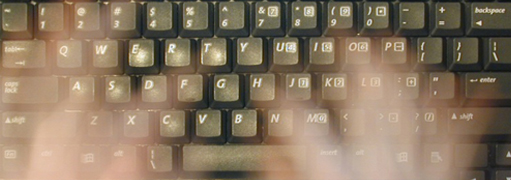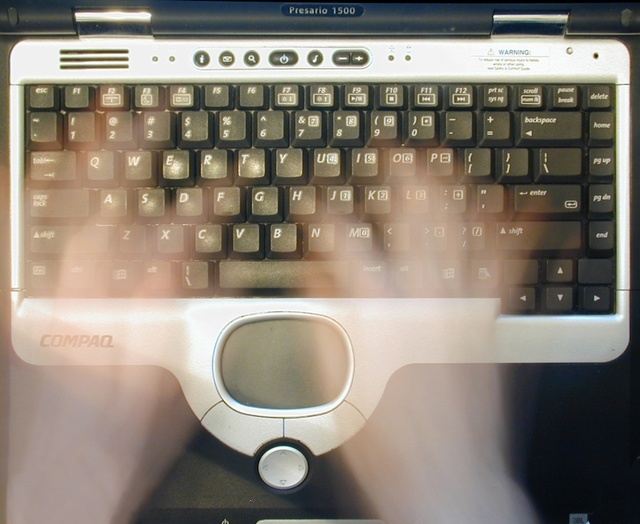The Time The Internet Almost Remembered Me


Compfight cc via Hobvias Sudoneighm
Latest Article|September 3, 2020|Free
::Making Grown Men Cry Since 1992


Compfight cc via Hobvias Sudoneighm

